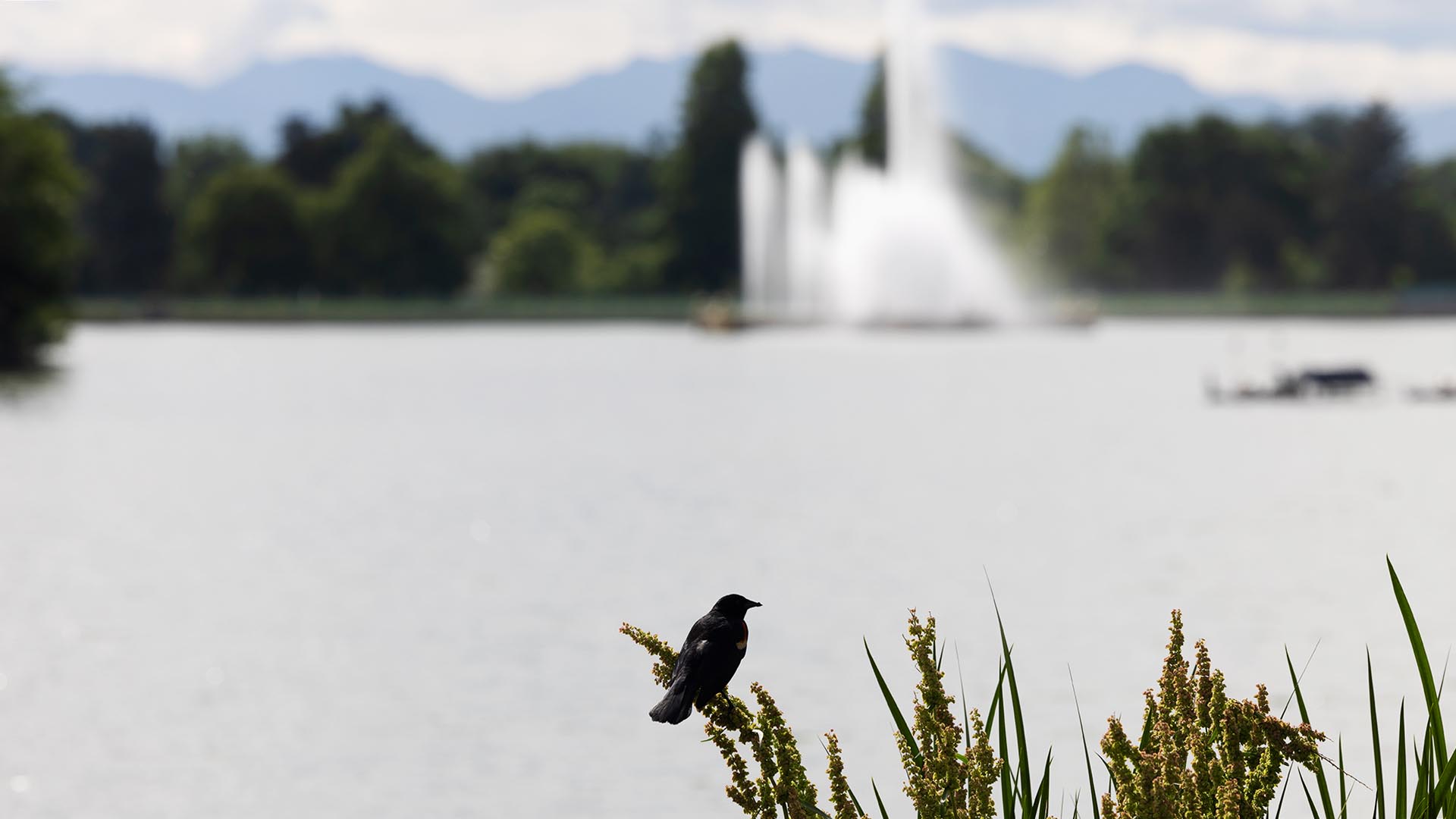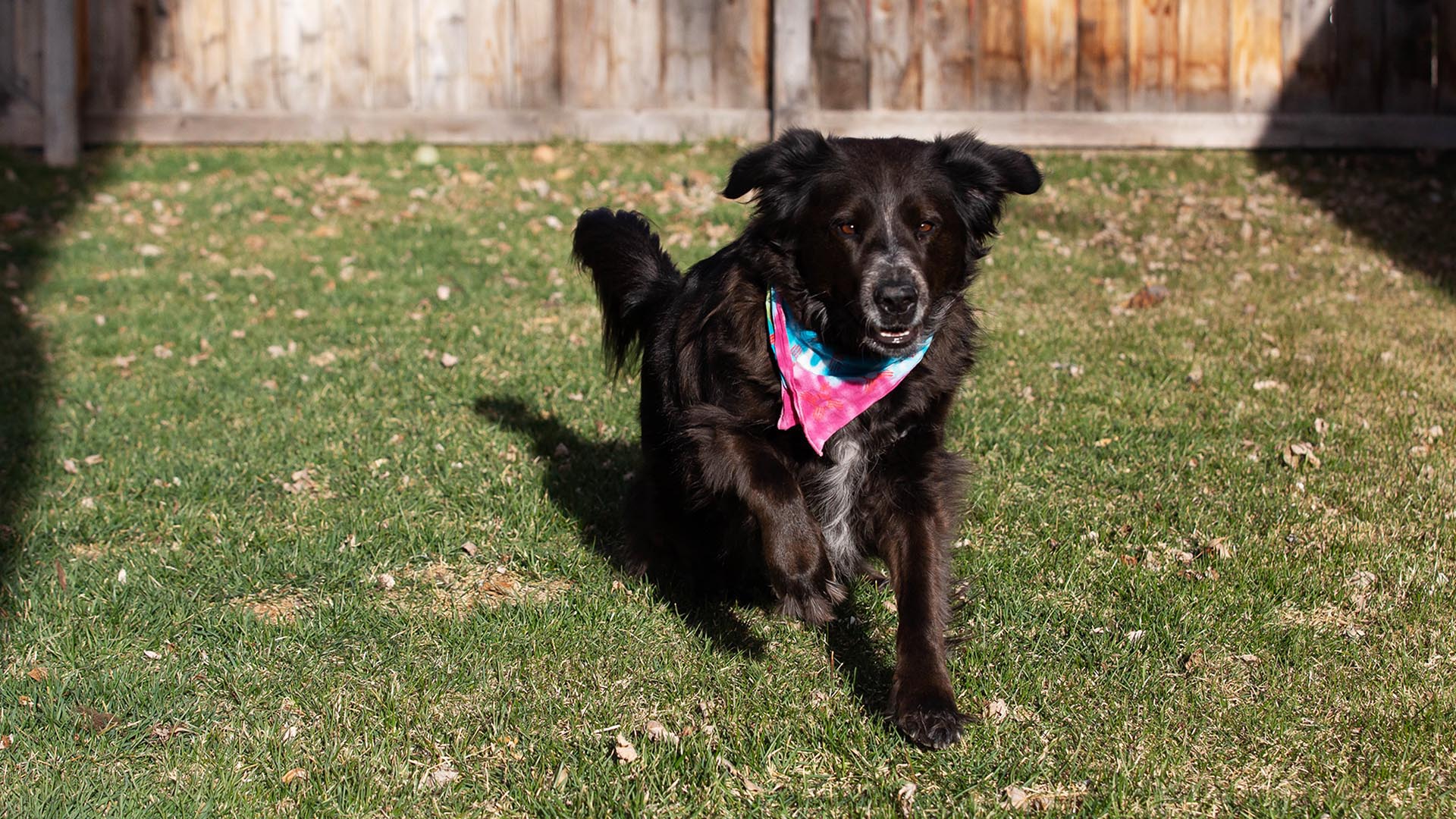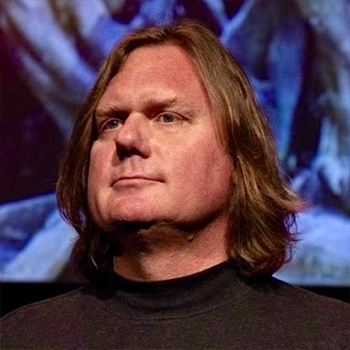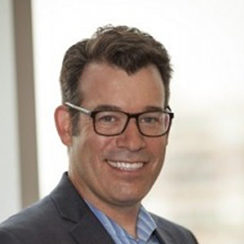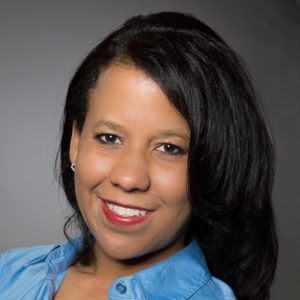A photographer and florist met at a wedding. An unexpected love story bloomed
Their journey has been filled with adversity, adventure and ambition. Now with degrees in hand, John and Denise Capelli are ready for the next chapter.

Get ready to take some notes. John and Denise Capelli, December graduates of Metropolitan State University of Denver, have lessons on love and life to share: how to start and run a business; how to overcome a serious health crisis; how to reinvent yourself; how to serve others.
A wedding photographer and a florist, respectively, John and Denise launched Capelli Floral and Photography in Denver in 2001. Fourteen years later, in 2015, after Denise’s recovery from a rare, life-threatening disease, they reached a turning point, ultimately deciding to close their business, join the Peace Corps and return to school.
John, who is 55 and has an interest in international trade and humanitarian work, earned a bachelor’s degree in Global Business. And Denise, 48, graduated with a bachelor’s degree in Communication Studies. They’re now volunteering with fellow former Peace Corps workers to organize support for wounded soldiers and affected communities in Ukraine.
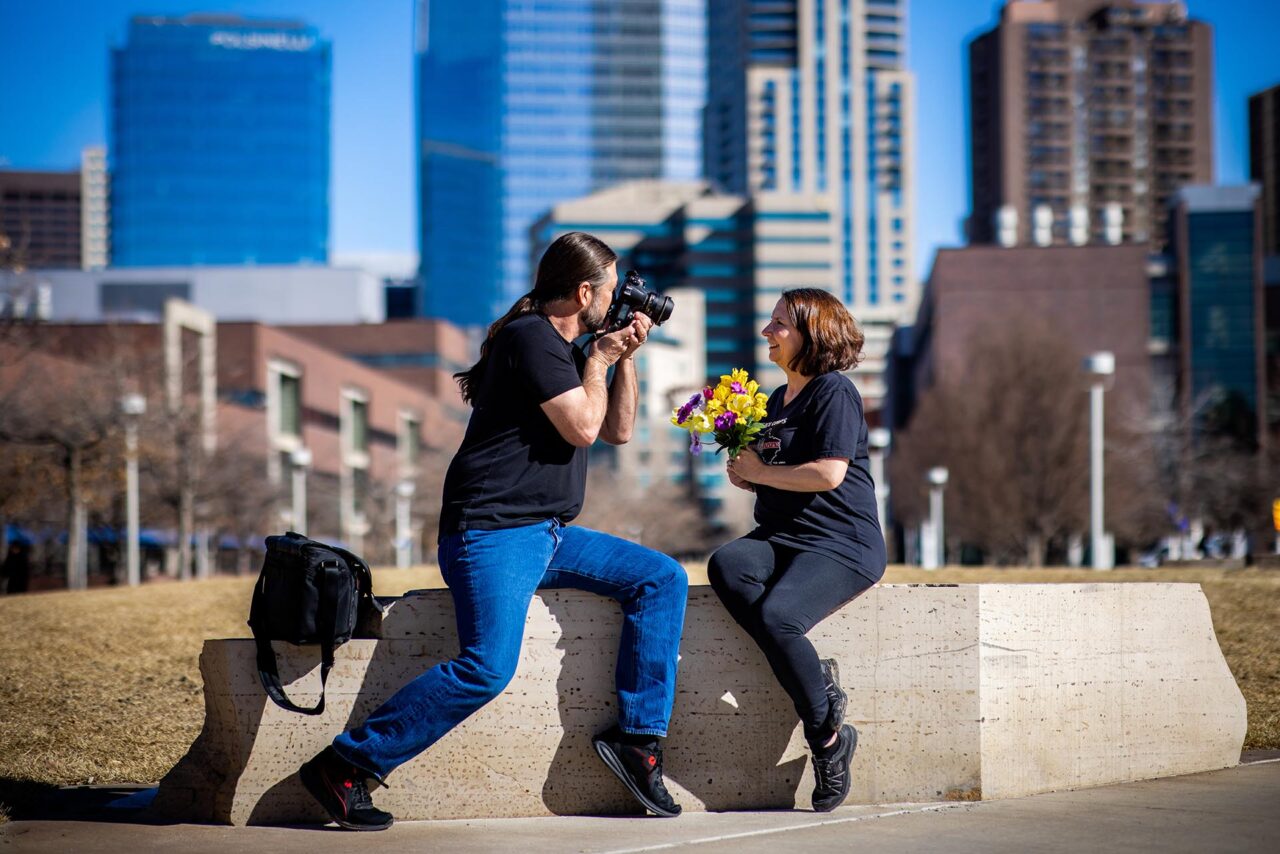
The couple met in 1999 at the wedding of Denise’s sister in Denver. Denise was pulling double duty as the florist and a bridesmaid while John handled the photography.
“John was amazed to see me in two roles,” Denise said. “A few days later, we set up a business meeting to see how we could refer each other’s services for future weddings. The business meeting turned into a date.”
RELATED: How a husband-and-wife doctor duo makes a difference
They married in 2001 and opened Capelli Floral and Photography. Denise said their work ethic and entrepreneurial drive drew them to each other. The two threw themselves into their business, and it flourished.
But in 2012, illness hit. Serious illness.
Denise was diagnosed with a rare neurological disease called locked-in-syndrome. She was aware of her surroundings but couldn’t move or communicate verbally because nearly all of her voluntary muscles were paralyzed except for her eyes. She shrank to 55 pounds, and doctors told John she had little chance of surviving. But after 82 days in the hospital, she was released. And after three years of therapy, she regained 100% of her mobility.
It was a life-changing event for both. As Denise recovered, they assessed their lives and returned to a topic they had discussed when they were dating: volunteering for the Peace Corps.
“We talked about volunteering before marriage but quickly got caught up in our business,” Denise said. “After my medical recovery in 2015, we were at a crossroads: Either open a floral-design school or close the business and join the Peace Corps.
“We felt the urge to experience life.”
RELATED: Colorado printmaker and paraplegic inspires students with his story of resilience
They applied to the Peace Corps and were accepted in 2015. After closing their business, they completed an intensive 12-week training program covering language, community and organizational development, project management and cultural norms, among other topics. The Peace Corps then placed them in the small town of Yaremche in the Carpathian Mountains in western Ukraine.
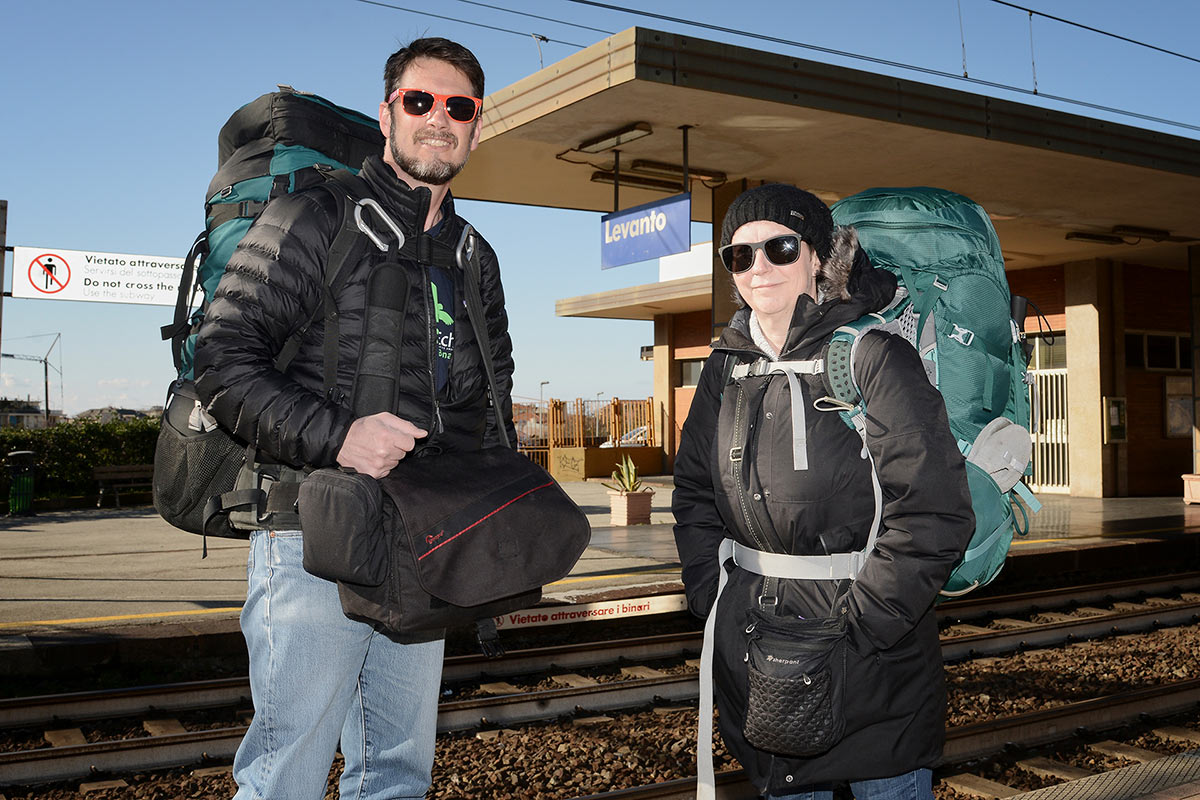
They served 27 months as community-development volunteers.
John worked at a nongovernmental organization called the Center for Social and Business Initiatives, where he helped communities become more socially and economically vibrant. Denise worked at the Carpathian National Nature Park as a facilitator helping the park boost tourism.
They said a key lesson they learned from their service was to keep an open mind to cultural differences. It also gave them what they call “worldmindedness.”
Denise explains the term as global awareness that grows as people begin to appreciate the viewpoints, experiences and worldviews of others, especially those quite different from themselves.
During their service, they also began thinking about broadening their education. They said serving with younger volunteers who had various types of academic degrees sparked interest in earning their own.
“We learned how to adapt to the younger generation and to be inspired by their ambitions in life,” Denise said. “When we joined the Peace Corps, we already had leadership skills from owning our own business and serving on multiple boards. But we’re also adventurers who continually seek out tools to get us where we want to go.”
When they returned to Denver in 2018, they researched universities and opted for MSU Denver. “It was the logical choice. It was affordable, and we loved the diversity on campus,” Denise said.
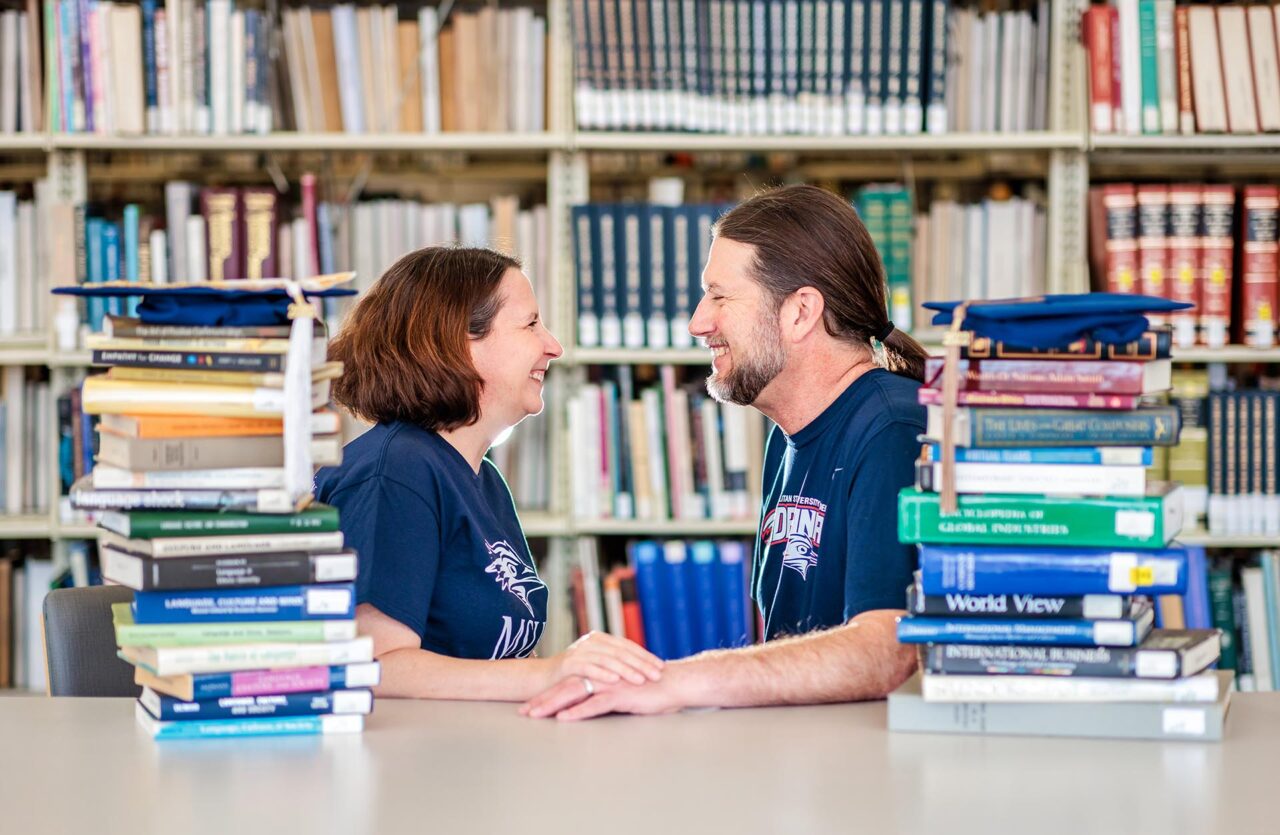
They chose their majors — Global Business and Communication Studies — to complement each other and give them the best chance to have an impact in the Peace Corps.
“We want to share the new tools we gained from MSU Denver to help build a better world,” Denise said.
After graduating, they were quick to take action, volunteering to organize humanitarian support for those affected by the war in Ukraine. They would eventually like to return to Ukraine to help people rebuild after the war, John said.
Their career advice: Always participate and network. Stay open-minded to new opportunities because they will enrich your life. And of course, it’s OK to change your career goals at midlife.
“Don’t be afraid,” John said. “Life is about transformation and, at times, completely reinventing yourself.”


